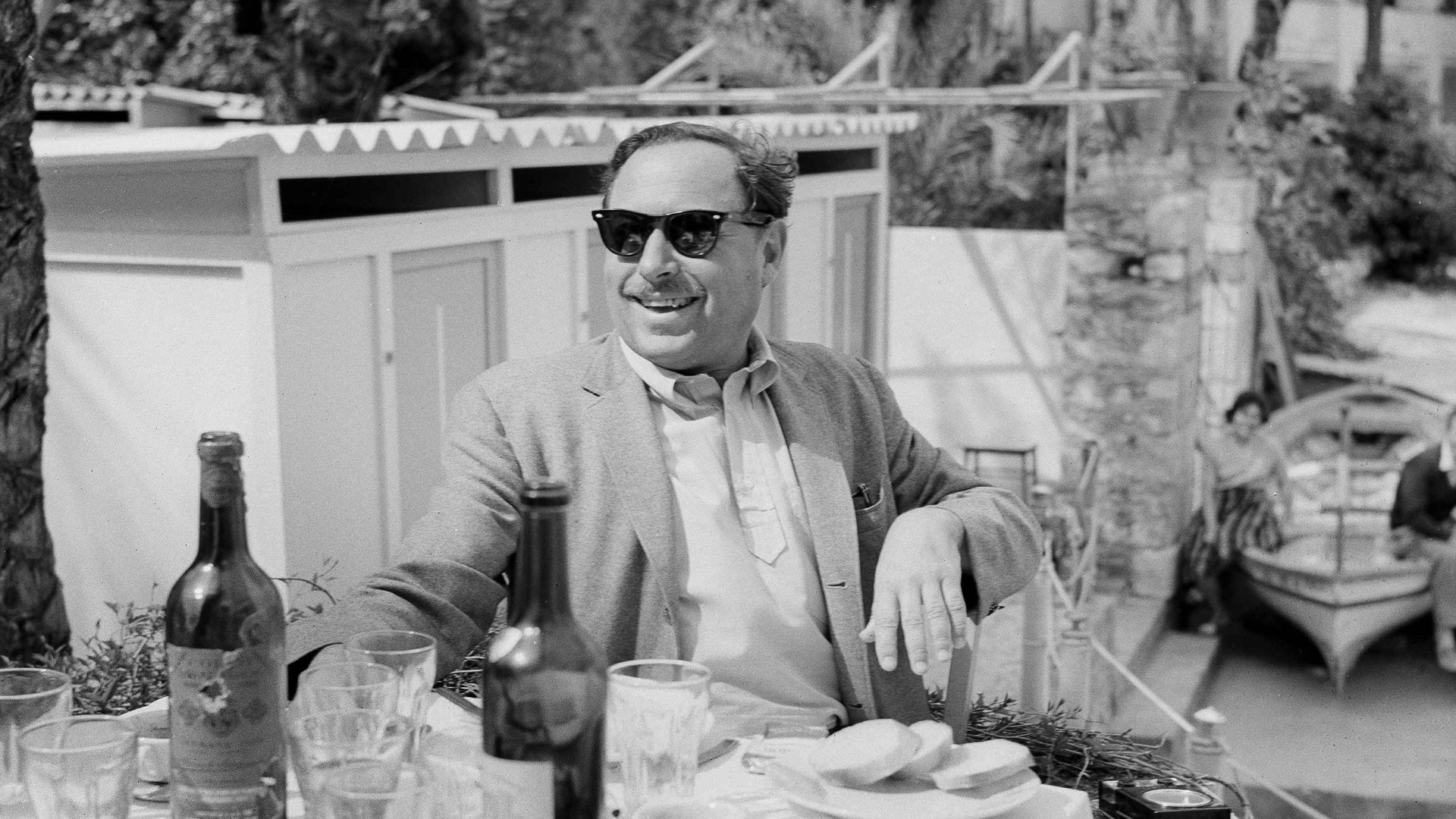Biographies of famous writers show that even brilliant careers suck sometimes
Some years ago, I took a job writing biographies of famous writers for a start-up website that positioned itself as sort of an online Cliffs Notes for high school students. These included an intro (“What Dante Alighieri Did, and Why You Should Care”), a biographical essay, a timeline (“How it All Went Down”), notable quotations (“They Said It”), and a resume of their works and professional experience (“Would You Hire Harriet Beecher Stowe for a Job?”).


Some years ago, I took a job writing biographies of famous writers for a start-up website that positioned itself as sort of an online Cliffs Notes for high school students. These included an intro (“What Dante Alighieri Did, and Why You Should Care”), a biographical essay, a timeline (“How it All Went Down”), notable quotations (“They Said It”), and a resume of their works and professional experience (“Would You Hire Harriet Beecher Stowe for a Job?”).
A thumbnail biography covers the high points of a life’s work: the novels, the major poems, the Nobel Prizes and Pulitzers. Everything else is a blank space on the timeline or a throwaway transitional line in the biographical essay (“After a few years wandering Europe/in the army/recuperating in the sanitarium…”). After a while, though, I started to get curious about those blank spaces, and to marvel at how much time even the most remarkable lives passed unremarkably.
This, for example, is George Orwell’s work history between the time he left Eton College without a diploma in 1921 and his 1950 death from tuberculosis:
Policeman, Indian Imperial Police, Burma division (1922-1927)
During and in between these jobs he was publishing, of course: six novels, three books of nonfiction, and at least eight significant essays in his 46 years. It’s fair to say, however, that it was not immediately apparent in 1934 that the 31-year-old clerk scribbling notes to himself at the checkout desk of a secondhand bookstore in Hampstead would alter political discourse.
We live in a time of productivity and deliverables, when anything other than relentless upward movement in a career can be cause for self-excoriating anxiety. But stretches of failure, disappointment, and obscurity are part of every life, even posthumously celebrated ones. The facts of some authors’ biographies make it hard to imagine that their lives felt as special at the time as their work has proved to be since.
Did Orwell ever look up from hop-picking and wonder if he’d failed? Was the lyric achievement of Their Eyes Were Watching God enough to sustain Zora Neale Hurston’s ego 13 years after the book’s publication, when she was broke and working as a maid in Florida? Did Franz Kafka’s 40 years of broken engagements, dull law work, unpublished manuscripts, and slow death from tuberculosis feel to him like anything other than a cursed existence? I’m guessing not: In 1915, when he was 32, his diary entry reads, “Days passed in futility, powers wasting away in waiting, and, in spite of all this idleness, throbbing, gnawing pains in my head.”
The other thing I noticed after so much time pouring over the lives of dead authors: some of the most conventionally accomplished lives, in which people were lauded as geniuses in their own time with the awards and faculty appointments to show for it, were the most colorless reads later. T.S. Eliot spent 40 dutiful years as a respected editor and a prolific poet and critic; Robert Frost has an honor roll of honorary degrees and awards. Reviewing their histories now feels like reading a book whose ending you already know. Tennessee Williams, on the other hand, with his plays and love affairs and spectacular drug- and alcohol-fueled collapses following failed plays or love affairs, leaves a record as flawed, complicated, and painfully human as any of his own characters.
The Hamilton line is true, of course: You have no control who lives, who dies, who tells your story. But the unspoken coda is that it is impossible to know what, exactly, your own story is. No day or year is representative of a life. There is no way to know where on your own timeline your pin now is dropped, or how significant this current place will be in the final written account.
The most engaging lives have contrast. They have valleys to offset the grandeur of their peaks, and sometimes it’s not apparent until the end where the high and low points are. “O time, thou must untangle this, not I. It is too hard a knot for me to untie!” Viola says in Twelfth Night (written by William Shakespeare, dead at 52, unknown illness, leaving behind him 37 plays and bequeathing his wife a second-best bed). We are messy, knotted works in progress. Leave the untangling to those who come later, and focus on living now.